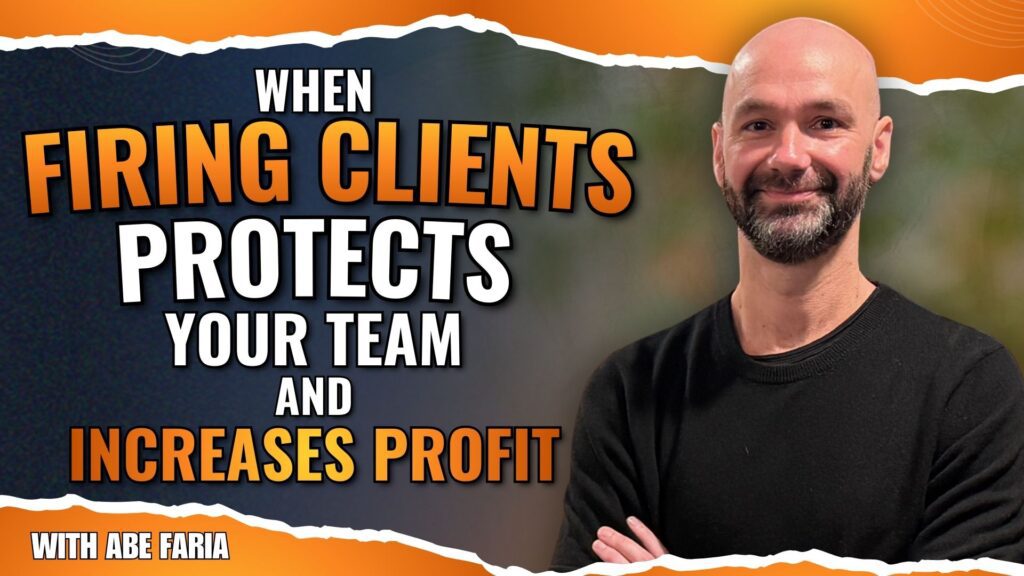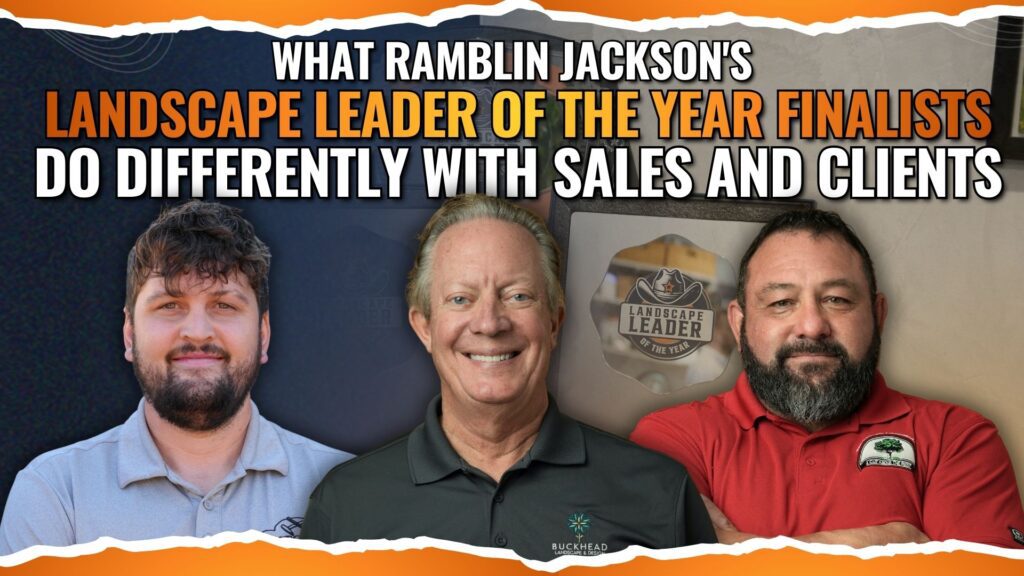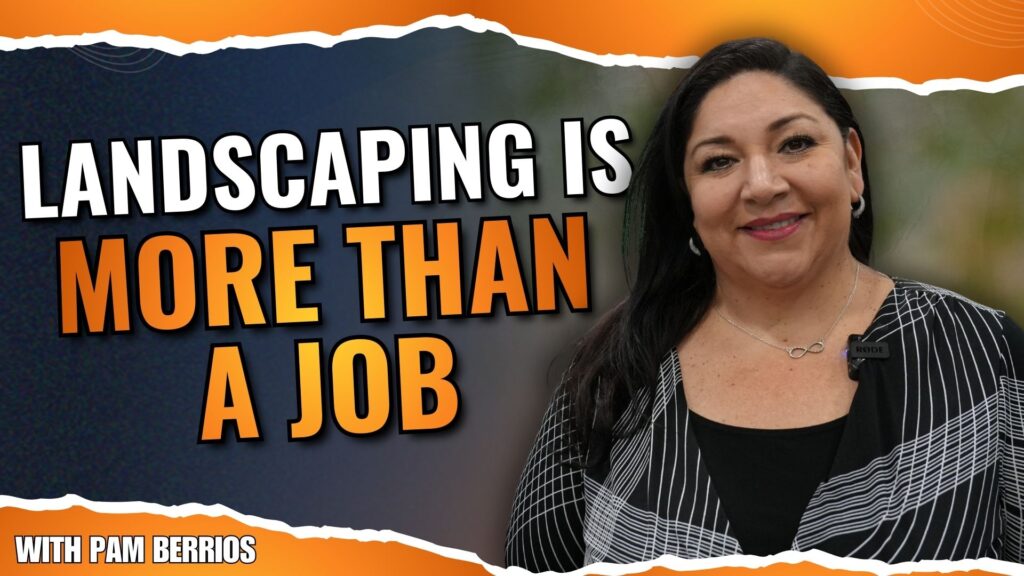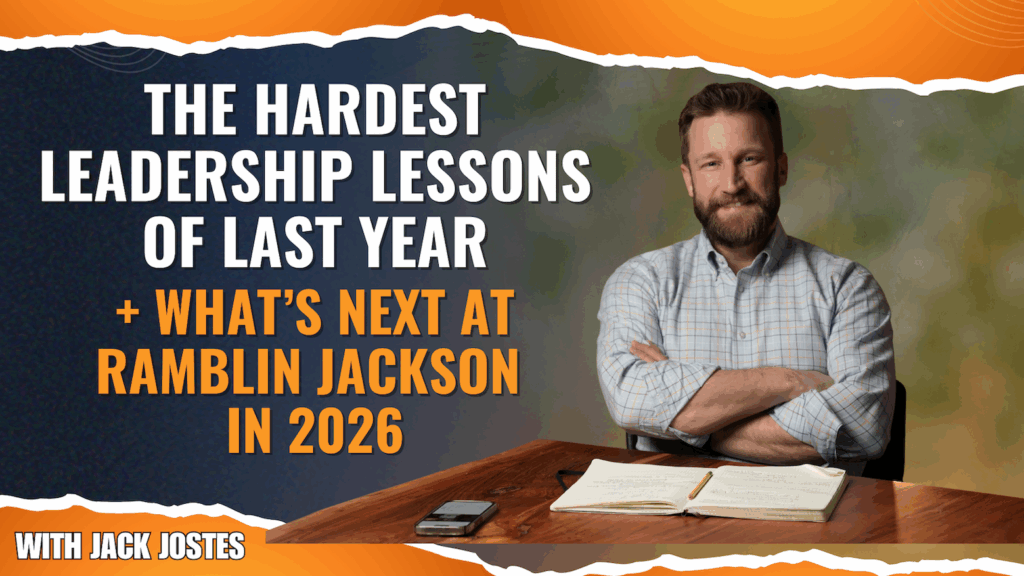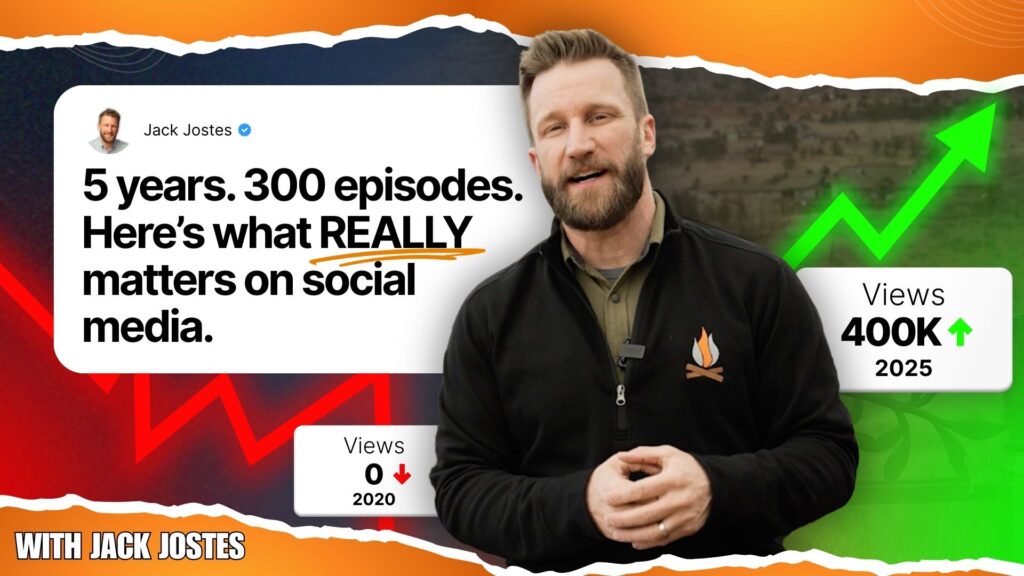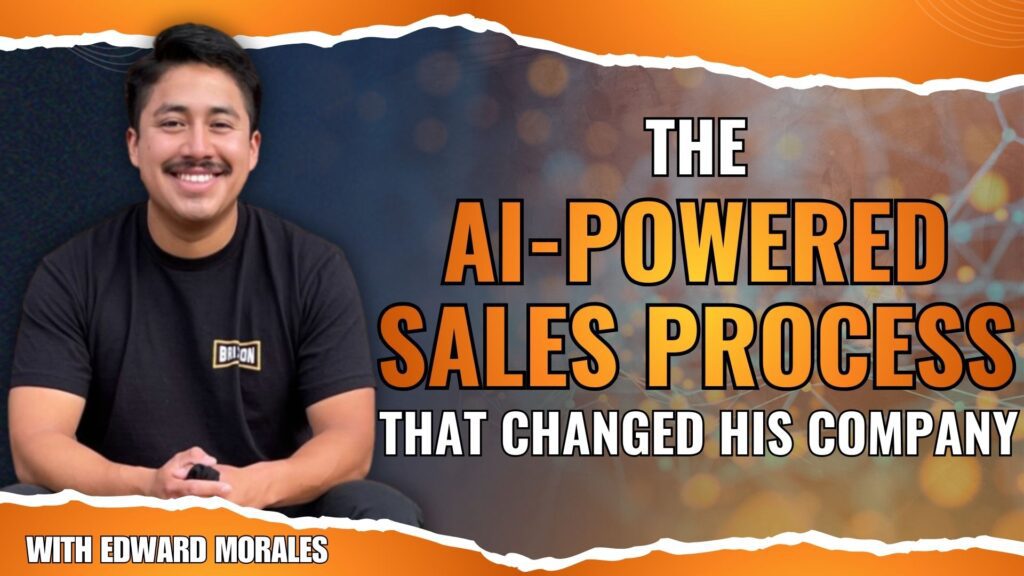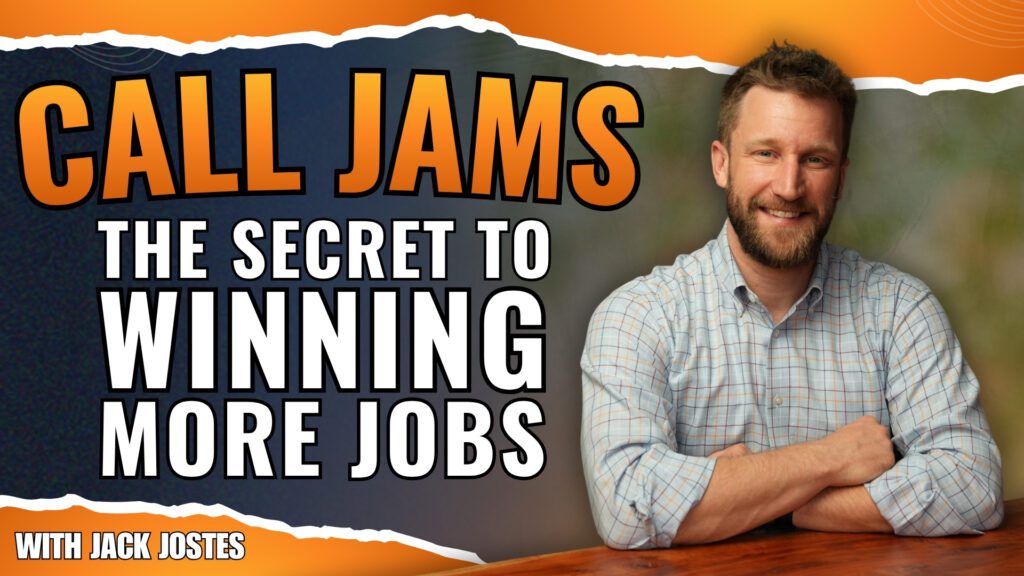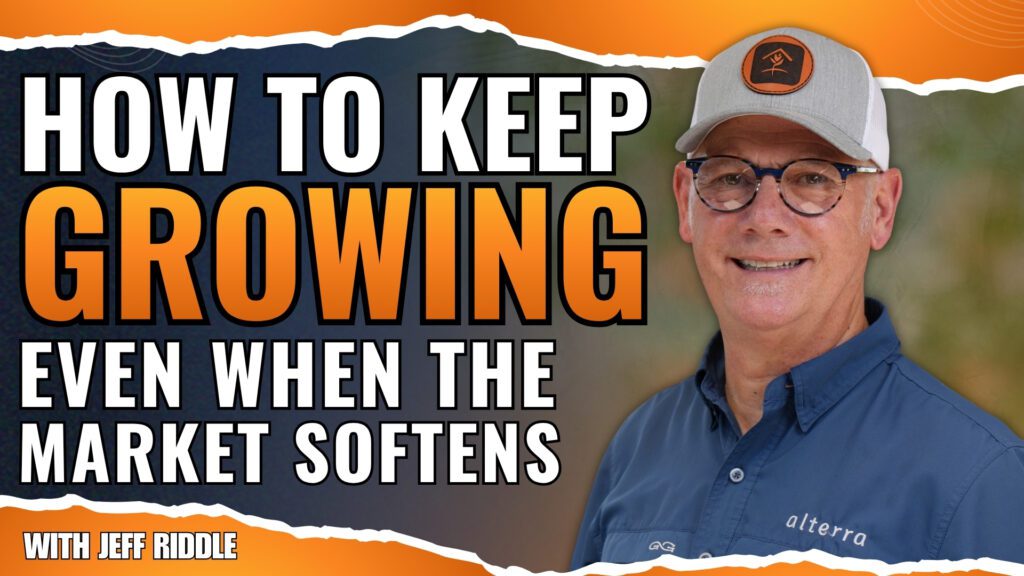The Landscapers Guide To Modern Sales and Marketing Podcast with Jack Jostes
The Landscaper’s Guide To Sales and Marketing is a weekly video and podcast series dedicated to helping lawn and landscape contractors attract more of the RIGHT customers to Increase Profits + Enjoy A Better Lifestyle. Hosted by Amazon best-selling author, keynote speaker, and Ramblin Jackson CEO Jack Jostes, this show is packed full of the latest green industry sales, marketing, and business trends to keep your business growing in the right direction.
Latest Podcast Episodes
- All
- AI & SEO
- Book Recommendations
- Commercial
- Company Culture
- Direct Response Marketing
- Education
- Events
- Featured
- Finance
- Landscaping Business
- Leadership
- Marketing
- News
- Personal Development
- Recruiting
- Sales
- Social Media Marketing
- Systems
- Uncategorized
- Video
- Video Production
- Women In Horticulture
Learn how agronomy, leadership, and kindness shaped Vania Mickos’ journey from Brazil to the U.S. landscape industry.
Learn how agronomy, leadership, and kindness shaped Vania Mickos’ journey from Brazil to the U.S. landscape industry.
Elevating Careers In The Green Industry With Pam Berrios
Learn how agronomy, leadership, and kindness shaped Vania Mickos’ journey from Brazil to the U.S. landscape industry.
Chris James of Perfect Cut Landscaping shares how top landscape sales pros handle rejection, manage long HOA sales cycles, and still close premium work through professionalism, mindset, and follow-up.
The Hardest Leadership Lessons of Last Year + What’s Next at Ramblin Jackson in 2026
Jack Jostes breaks down the hardest leadership lessons he learned last year and gives a clear look at what’s coming next at Ramblin Jackson in 2026.
Year-End Sales, Pricing, and Profitability Tips from Aspire Software
Aspire Software’s Maggie Wymore shares year-end tips to help service businesses improve pricing, profitability, and renewals before next season.
From Brazil to Baton Rouge: How Hard Work and Kindness Fueled Vania Mickos’ Landscape Career
Learn how agronomy, leadership, and kindness shaped Vania Mickos’ journey from Brazil to the U.S. landscape industry.
How a Second-Generation Landscaper Rebuilt His Sales Process and Leveraged AI to Transform a 27-Year-Old Business
Jack interviews Edward Morales of Tropical Landscaping Services about rebuilding his sales process and using AI to clarify decisions and communication in a 27-year-old family business.
The Call Jam Playbook: A Simple System To Win More Landscape Clients
Learn how to run a Call Jam to quickly book more appointments, reactivate cold leads, and close more landscape jobs, including the Hopper Dropper method and a real $52K slow-season case study.
Marketing Through the Downturn: How Alterra Keeps Growing in a Competitive Texas Market
Dallas design-build leader Jeff Riddle shares how Alterra continues growing despite a softer market by increasing marketing, investing in video and SEO, and building long-term demand through deep content and customer care.
From Office Manager to $50 Million in Sales: The Rise of Snow Systems’ Stacey Hinson
Discover how Stacey Hinson rose from office manager to Director of Sales at Snow Systems, leading $50 million in snow removal contracts across 44 states. Learn her honest approach to sales and client retention.


